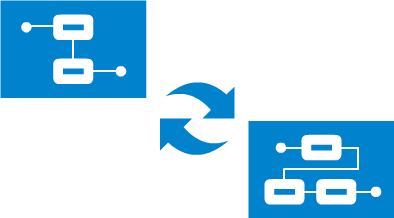Improve operational efficiency with process improvement/redesign tools.

Design, plan and assess BPR in a single process map, ensuring project data can be easily accessed and evolved throughout the entire BPR process and that business process can be transformed seamlessly and error-free regardless of the scale of your operations. That means you can fully focus on process redesign, eliminate hours of unnecessary documentation and communication, and make more efficient use of your valuable time.
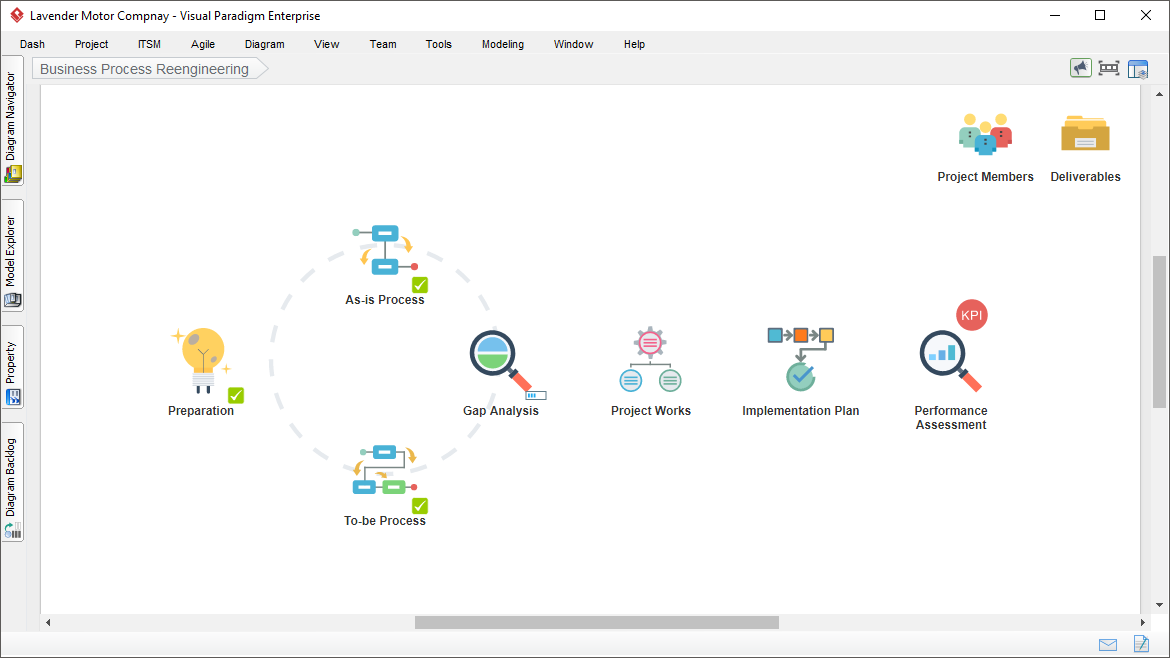
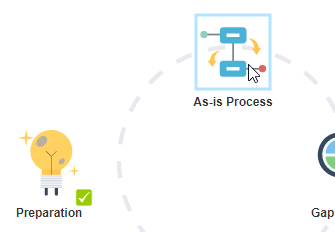
The Business Process Reengineering Canvas presents the BPR activities in an organized manner. To start working on a work item, simply click on it to browse for its steps.
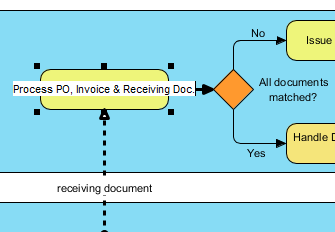
Follow the steps to complete BPR events. This can be a form-filling, table completion or diagram creation, etc.
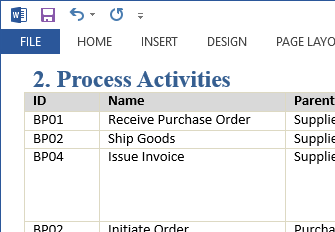
Communicate BPR ideas by generating a content-rich report. The content is gathered from the information entered under work items.
Model business workflows with Business Process Model and Notation (BPMN), a well-known graphical standard that is simple enough for all people to understand. Visual Paradigm features an intuitive BPMN 2.0 modeler that lets you create professional Business Process Diagram quickly and smoothly.
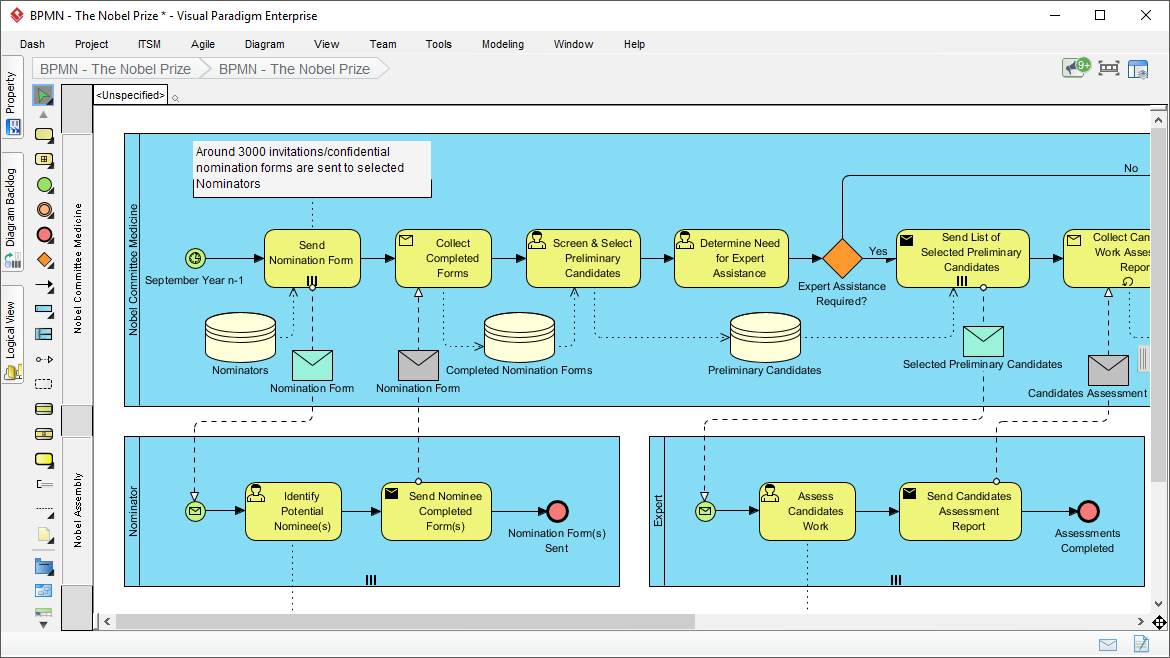
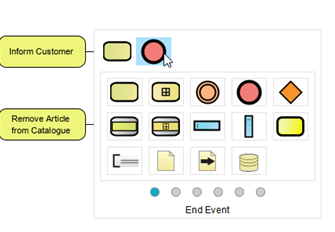
Construct your workflow entirely with drag-and-drop. It speeds things up and ensure the syntax correctness of your design.
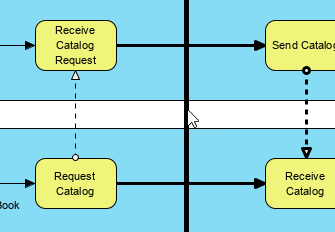
More a large group of shapes easily with a single mouse drag. No more tedious steps.
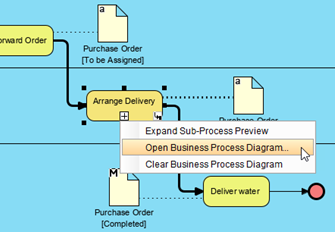
Create multiple BPDs for each process. Navigate through processes seamlessly through the drill-down support.
Communicate process re-design ideas with stakeholders by means of an animated process diagram. The animation makes it easy to demonstrate and understand workflow. Quick refinement can be made further.
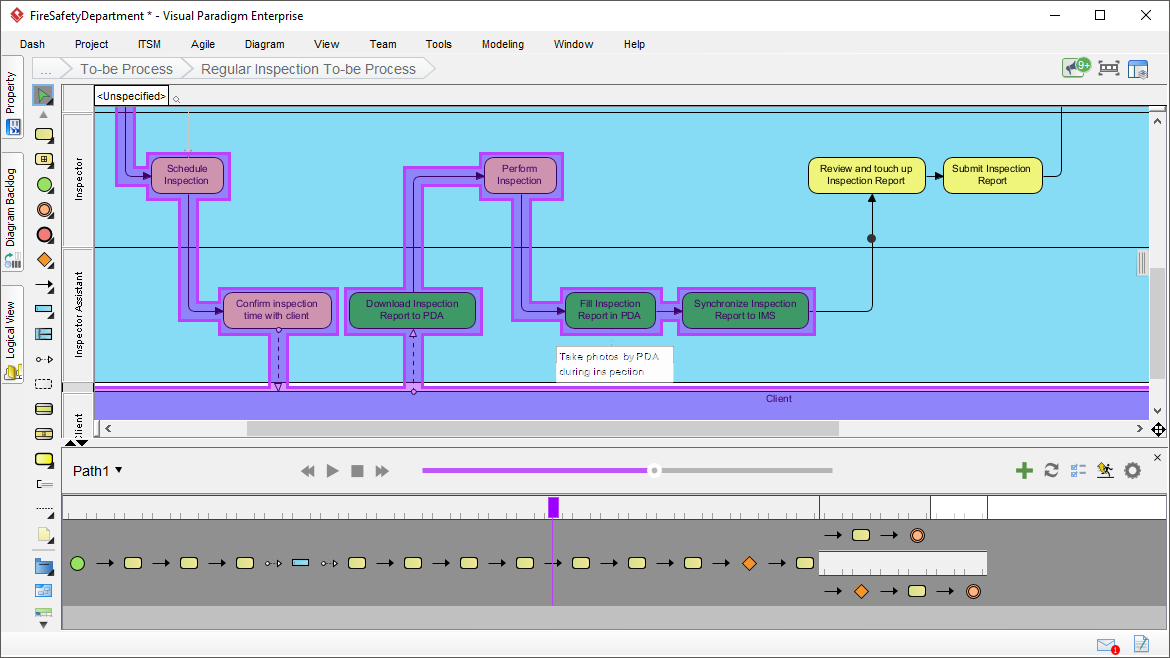
Model the baseline and target process with BPDs. The as-is and to-be model transitor feature helps you create and maintain the traceability among models. You can navigate through the two models smoothly withly hassels.
